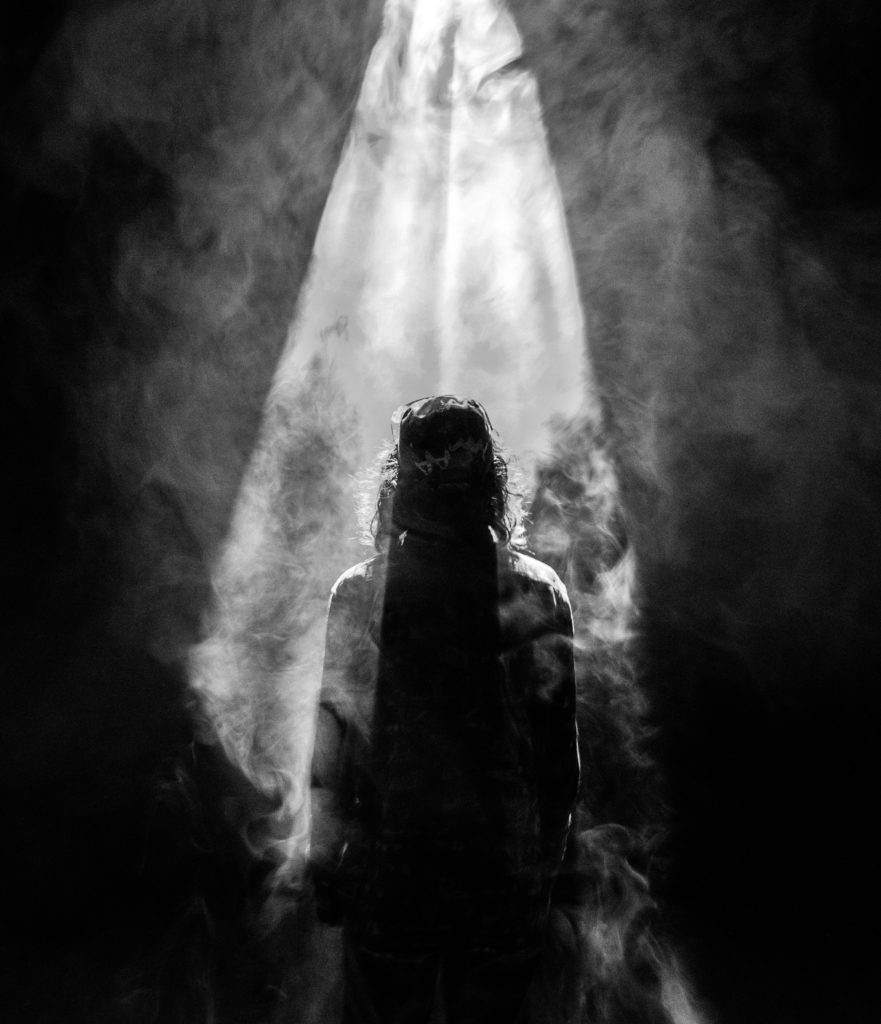
Today is Easter Sunday, and Easter has always been a special holiday for me, because it commemorates a cycle of renewal and rebirth. I no longer consider myself a Christian, but the resurrection is the part of the story of Jesus that makes the rest of it matter. If I still believe in anything – which some days I do, and some days I don’t—it’s in the person of Jesus and the power of his sacrifice to renew us and make us whole.
But Christians have ruined Jesus, for most of us. Their vision of him just happens to align with their political opinions, which are really about controlling the behavior of others, and denying the basic human rights of those whose lifestyles they don’t agree with. And Jesus wasn’t about that. He forgave anyone who came to him, without condition. He healed the sick and all they had to do in return was believe that he could. I have no problem with Jesus. He’s not the one I needed to leave behind to salvage what was left of myself after 46 years in the closet.
In many ways, my relationship with Jesus is better than ever, maybe because I can be honest and say I don’t always believe in him. Or, maybe it’s more honest to say I don’t always want to believe in him. It is a conundrum. My personal faith is stronger when I acknowledge its weakness. If Jesus is real, he understands. If he’s not real, it doesn’t matter anyway.
That’s the Jesus I’ve come to know the last three years, the Jesus who accepts us as we are, with all of our broken pieces. He heals us, if we let him, because he loves us. He doesn’t expect anything of us but for us to be wholly ourselves. It took me a long time to understand that. I thought of myself as a broken person who could never be whole. But what is wholeness, anyway? Not having problems? Having no parts of ourselves that we can’t understand or accept?
Maybe that’s what wholeness is – accepting all the parts of ourselves. Maybe not liking all of those parts, maybe not even understanding all of them, but accepting that they exist and not judging ourselves for that fact. That doesn’t mean that we shouldn’t work to evolve and grow, and try to find solutions to our problems, to undo the harm we’ve done, but it means that it is okay to acknowledge the parts of ourselves we think no one can accept.
I no longer believe in the fundamentalist concepts of heaven and hell. I believe that heaven, if it exists, is ultimate union with the creator, and hell is to be apart from them forever. I do not know if our personhood survives either process. I’m actually not even sure I believe in that much, but I would like to believe there is some part of us that continues beyond our physical death.
I don’t want to believe in a creator who sentences a soul to eternal torment for not subscribing to the correct theology. Such a creator is not worthy of worship. In many ways, the fundamentalist concept of God is a cosmic bully, insisting on his own way in all things, and damning those that don’t comply. That’s not the story they think they’re telling, but it is the one that exists if you follow their teachings to their logical conclusions.
So, I am not a Christian, but I would like to believe in the Jesus I’ve found in the quiet moments, the Jesus who loved humanity enough to endure the ultimate torment so we could be united with him. He did that for the entire world, not just for those who subscribe to the correct orthodoxy. That’s the Jesus I believe in, if I can be said to be a believer at all.
